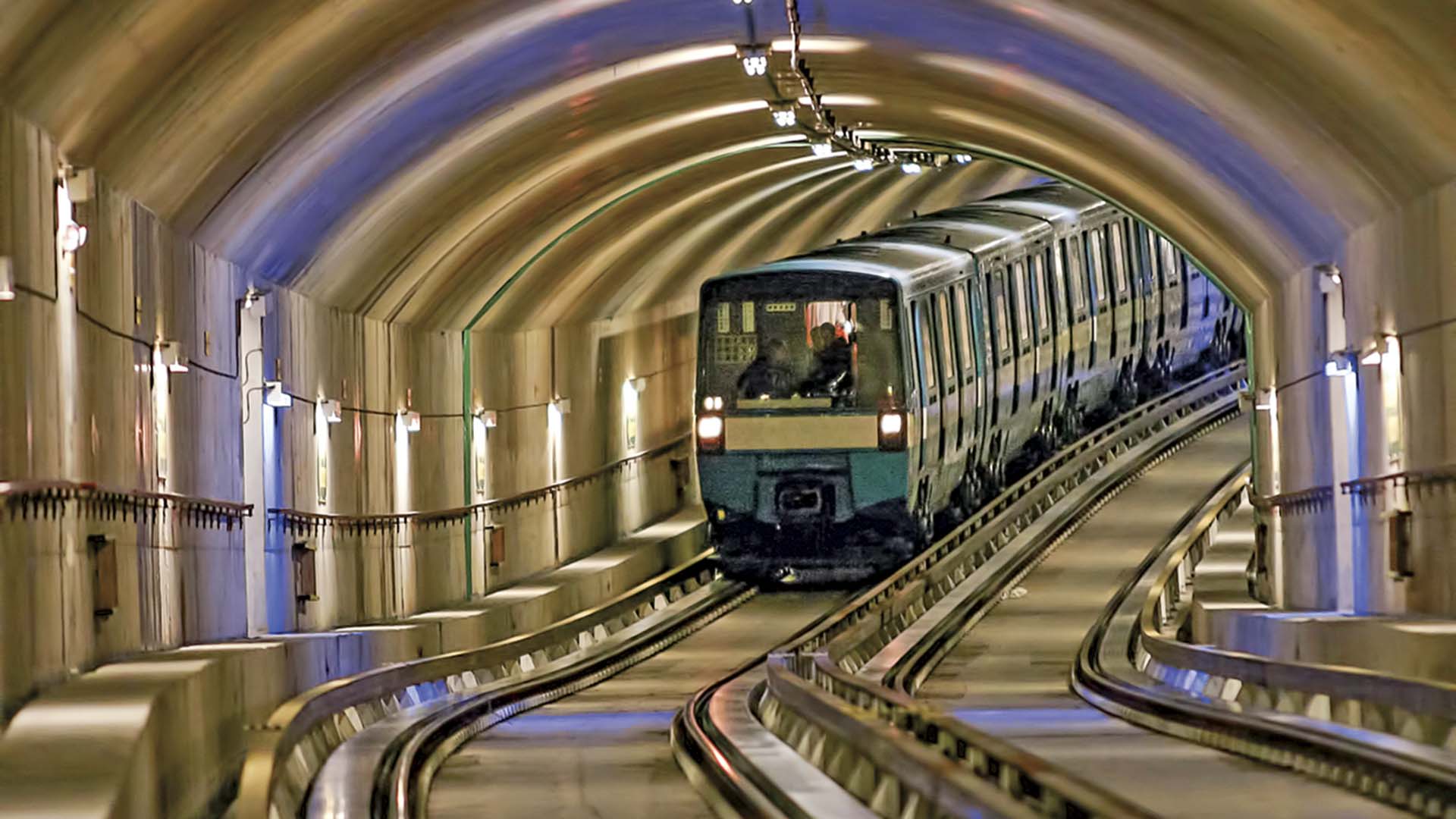The bus is constantly in stop and go conditions, but that´s not different to any other city car, and actually that´s the scenario where EVs shine when compared to ICEs even today when battery technology is not good enough yet. EVs don´t waste energy when stopped, and electric motors huge torque is much better to start moving from still.CBeck113 wrote: ↑21 Nov 2017, 11:33The semi will also be running in a near steady state, whereas the bus will be in stop-and-go conditions, which requires more power and therefore causes more wear on the battery. If Tesla has a new battery technology, then it may be sensitive to loading cycles, and the frequent acceleration and breaking (=charging cycle) could do more harm than good.Andres125sx wrote: ↑21 Nov 2017, 09:52I´d say safety is far from a concern, but mileage may be.Shrieker wrote: ↑20 Nov 2017, 22:56
Would the electric charge be a problem if you're carrying a lot of people ? Something goes wrong, you fry scores of people instead of just one in a truck. Maybe that's one of the reasons truck arrives first. Or maybe the bus wouldn't be as advantageous as the truck in economic terms, so logically they went with the truck first ?
Buses are running all day long without significant stops to recharge, while trucks carry some load and then take a rest wich can be used for recharging, so even when they don´t work for US coast to coast trips yet, for any other trip within its reasonable range they´re fine
I agree about the semi tough, they run in a near steady state, so I guess that´s improving mileage significantly



